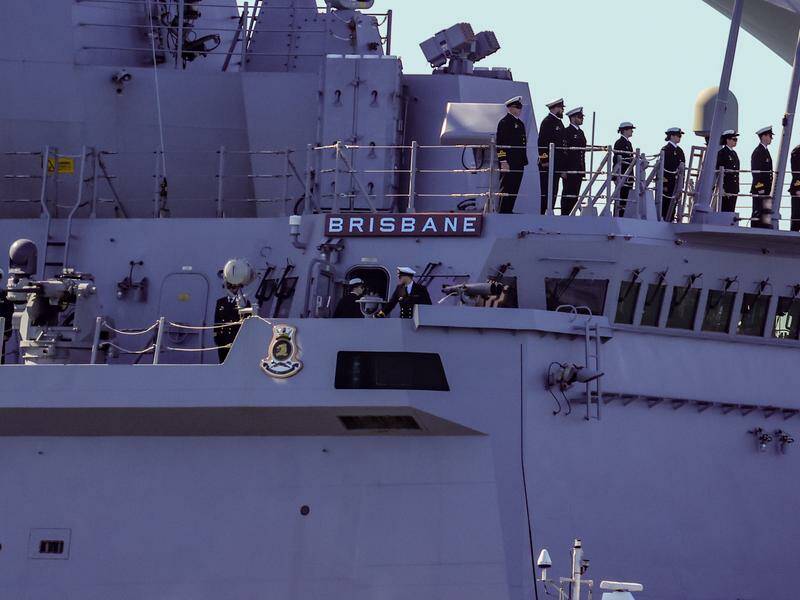
China’s military has condemned the passage of an Australian warship through the Taiwan Strait, calling the move a “provocation.” The incident involved the Australian guided-missile destroyer Brisbane and the Canadian frigate Ville de Quebec, which were monitored by Chinese naval and air forces as they navigated the sensitive waterway.
The People’s Liberation Army’s Eastern Theatre Command stated that its forces followed the two vessels and issued warnings, describing their actions as “trouble making and provocation.” In a statement, the command emphasized, “The actions of the Canadians and Australians send the wrong signals and increase security risks.”
Monitoring the Taiwan Strait
There has been no immediate response from either the Canadian or Australian armed forces regarding the incident. The state-backed newspaper Global Times reported on the naval mission, highlighting China’s increasing vigilance in the region. Taiwan’s Defence Ministry also issued a statement affirming its commitment to closely monitoring activities in the Taiwan Strait. It noted that it “dispatches appropriate air and naval forces to ensure the security and stability” of this crucial maritime corridor.
The Taiwan Strait is the body of water separating Communist China from the democratic island of Taiwan. While China claims Taiwan as part of its territory, Taiwan’s government firmly rejects these assertions. The strait is regarded as an international waterway, with the United States Navy and allied ships from countries such as Canada, the United Kingdom, and France transiting the area approximately once a month.
Escalating Military Pressure
Over the past five years, China has intensified its military presence around Taiwan, frequently conducting exercises and war games in proximity to the island. These actions have raised concerns in the international community about the potential for conflict in the region.
The Taiwan Strait remains a focal point of geopolitical tension, particularly as military activities from both China and its neighbors continue to evolve. As nations navigate these complicated waters, the implications of such military maneuvers will likely influence regional stability in the years to come.







